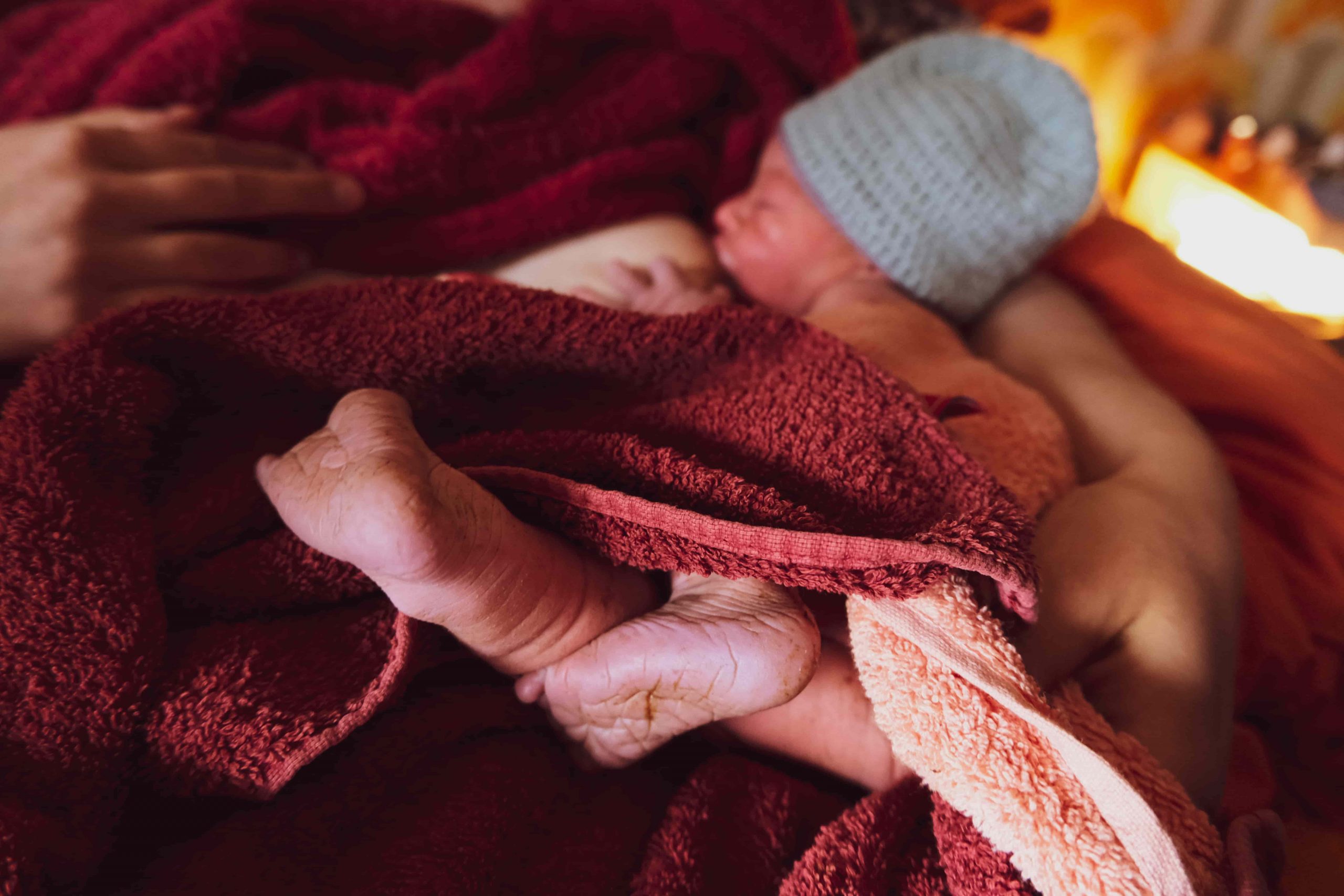Every year, 25% of all house moves in the UK are to emigrate abroad. This is what poet Jasmine Dine, 26, and her partner Daniel Teasdale, 23, a music producer, did recently, making the life-changing decision to move from Manchester to Berlin.
They moved into temporary accommodation in late 2019 with plans to move into a permanent apartment in April 2020 after finding their ideal home in Marzahn, Berlin’s east.
Plans were put into place, however, when April 1st came around, and with Germany in the middle of lockdown, their move was not that easy.
“A crazy experience”
When speaking to Jasmine and Daniel they told The Breaker they began to worry about Coronavirus in March, when talk about it started to increase. They decided to leave their plans as they were and re-evaluate if they needed to.
But when April 1st came and they continued with their move, they arrived to a flat with no lights.
“Because the electrician could no longer come and fit them,” said Daniel. The couple said they managed to order lamps online to solve this problem, but the furniture, electrics and luxuries of a home have been difficult to sort out until the pandemic is over.
I’m packing my bags and I’m leaving
Another issue they overcame was their plan to return to the UK themselves to pack their belongings and see family and friends. This was no longer possible to happen, making transporting their things much more difficult.
“We actually had to video call my mum for a few hours and tell her exactly the stuff we needed packing up, and tell her where they had to be sent to,” said Daniel.
Jasmine adds: “Before we moved countries we decided to bring barely anything, so we have been living with basic stuff and really looking forward to reuniting with our things and making our new permanent place more homely”.
Jasmine informed us that in Germany, most houses come unfurnished with no white goods, no lighting, or furnishings.
“Coronavirus impacted this massively as we couldn’t just go shopping to different furniture stores to get things; and even online deliveries were complicated, late, or required just us having to carry heavy furniture into our top floor apartment”.
Delivery disasters
Daniel tells us how “there are different delivery rules here, who all seem to have different ways of how to approach the virus.
“We faced a lot of confusion with deliveries in the first few weeks; we’ve had some deliveries cancelled and even had someone walk straight into our flat with no PPE as if nothing was happening, which was worrying,” adds Jasmine.
Deliveries were also affected by language as they were not always able to understand how to collect the deliveries, meaning they often didn’t receive them or had to find parcels themselves.
Speaking the lingo
German is the predominant language spoken in Germany and Berlin, with Berlin also having a more metropolitan dialect of the language called Berlinerisch. Although many other languages are spoken there, including English, it is beneficial to know German to get by better.
Jasmine and Daniel tell us how the language has posed some additional challenges during the lockdown, as mentioned earlier.
The couple said they had planned to take a German-speaking course starting in mid-April; and although they can get by with the little German they have learnt, they want to know more. The course was cancelled due to coronavirus, halting their learning, although they said they do now have more time in lockdown to learn via apps.
“We are worried about what happens if we do contract coronavirus, how do we describe our symptoms or speak to medical staff?”
“Not knowing much of the language doesn’t affect us that much, but there are instances where we worry. If something goes wrong or if we were to get ill, especially with coronavirus, how do we describe our symptoms or speak to medical staff? Especially if we had to be separated to self-isolate. These things just make you panic more when there is a pandemic,” said Jasmine.
Happy days
The couple finished by saying that although the moving process has been really stressful at time and more confusing due to language barriers, “everybody has been helpful and it’s been a good challenge to get through together; we love our new home and look forward to it finally being finished safely when the pandemic is over!”.
Coronavirus affecting UK moving plans
Although Daniel and Jasmine moved out of their UK flat and avoided Brexit, many others will still be looking to move house. Within an average month, 100,000 households will move house in the UK; and it is not surprising that many people were moving, looking to move, or buying a new house amidst the coronavirus outbreak.
It’s been estimated by Zoopla that around 373,000 property sales have been put on pause because of coronavirus, according to the BBC. Yet, buyers and renters had previously been urged to delay moving while the “stay at home” advice was in place, until Prime Minister Boris Johnson declared earlier this week that it is now okay to go ahead with buying, viewing and moving house.







